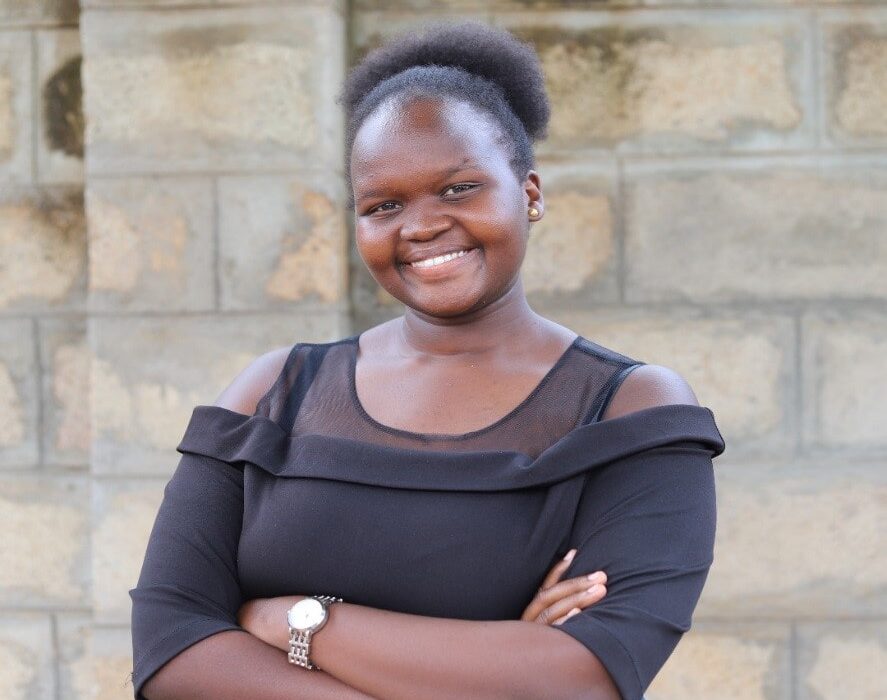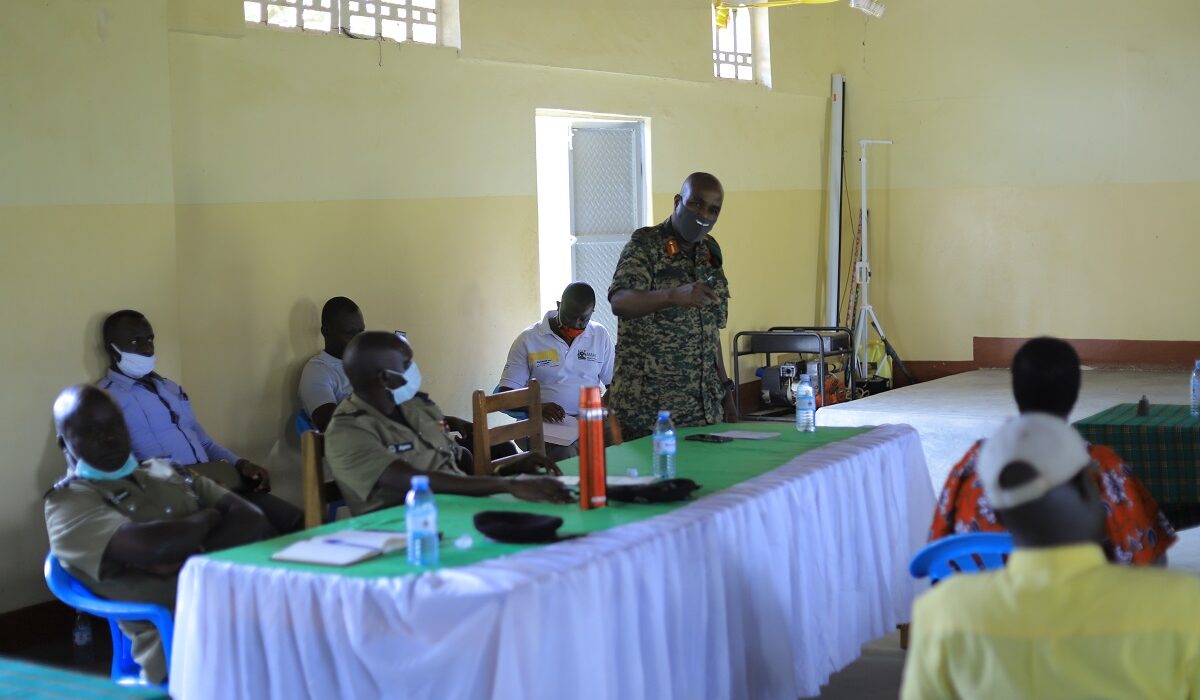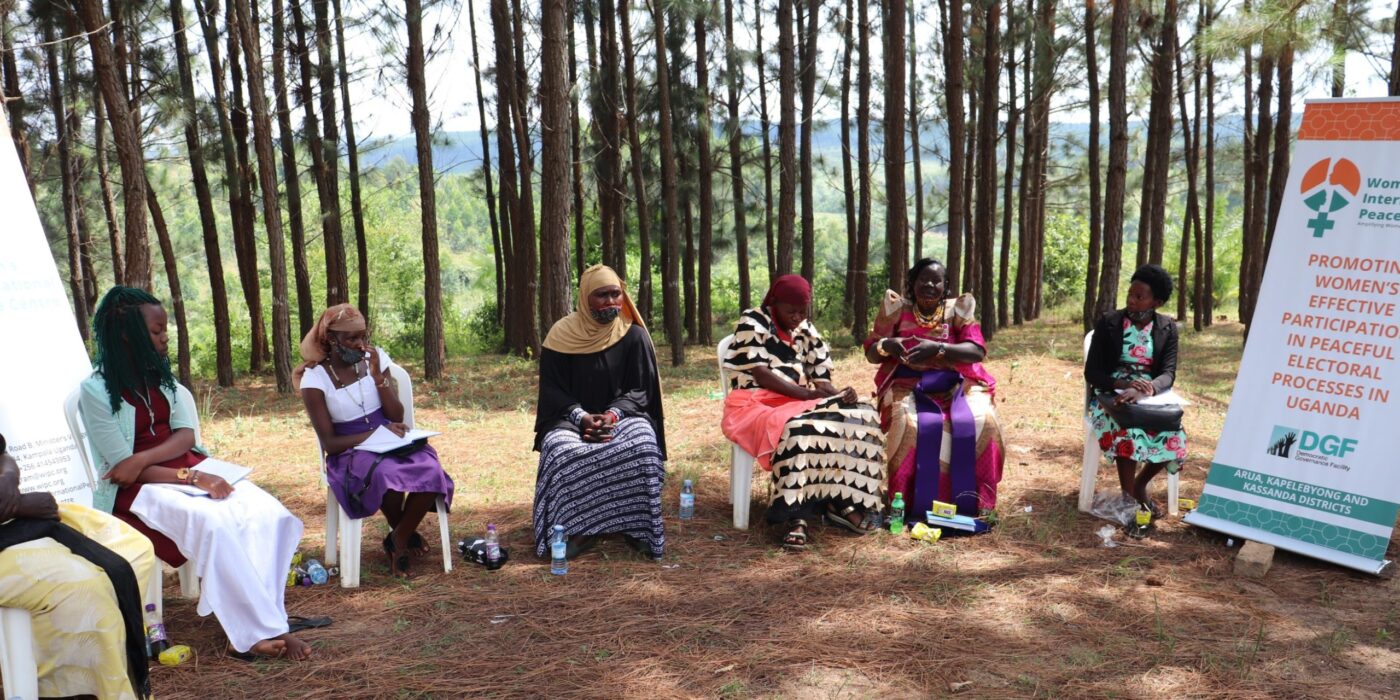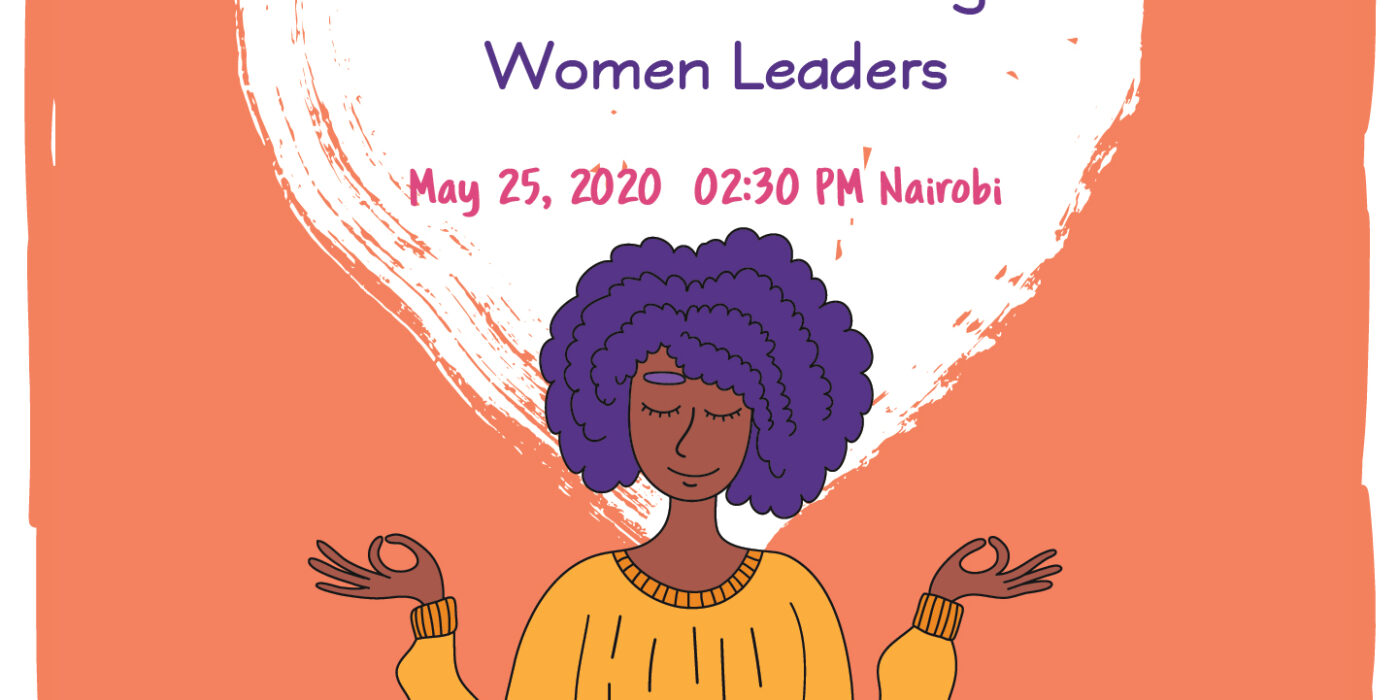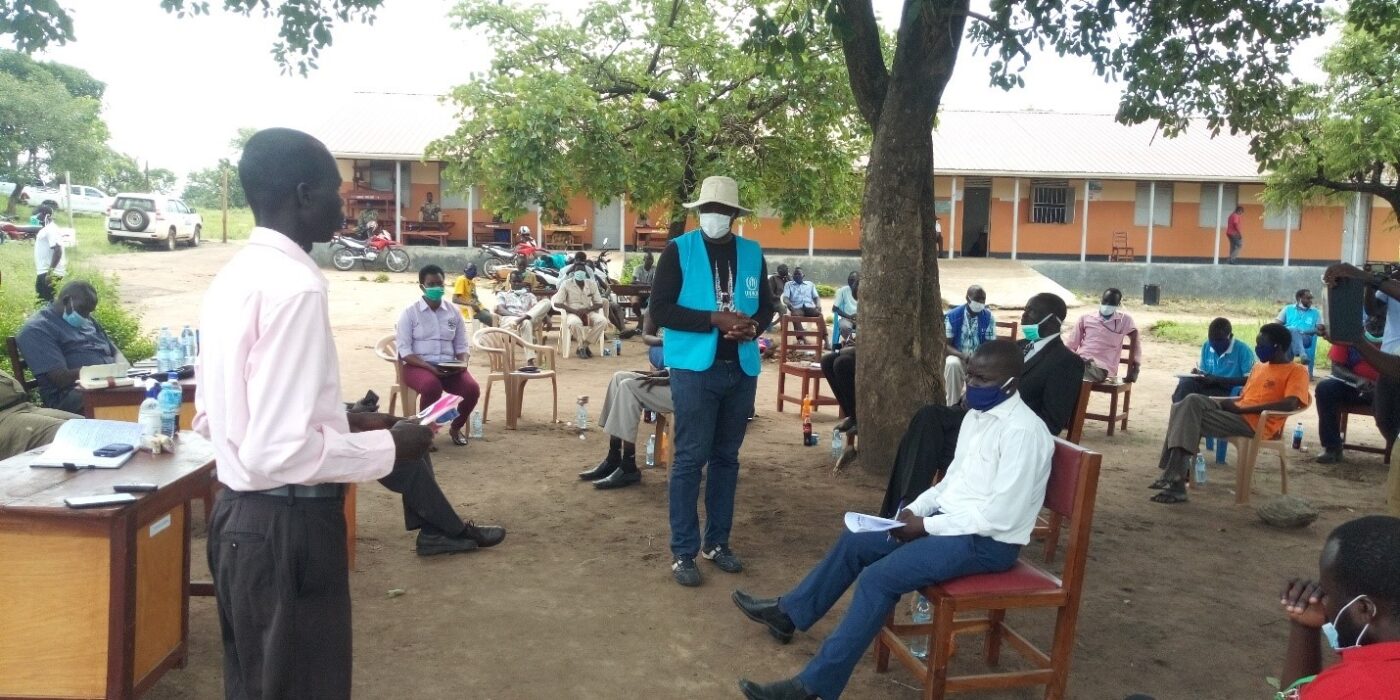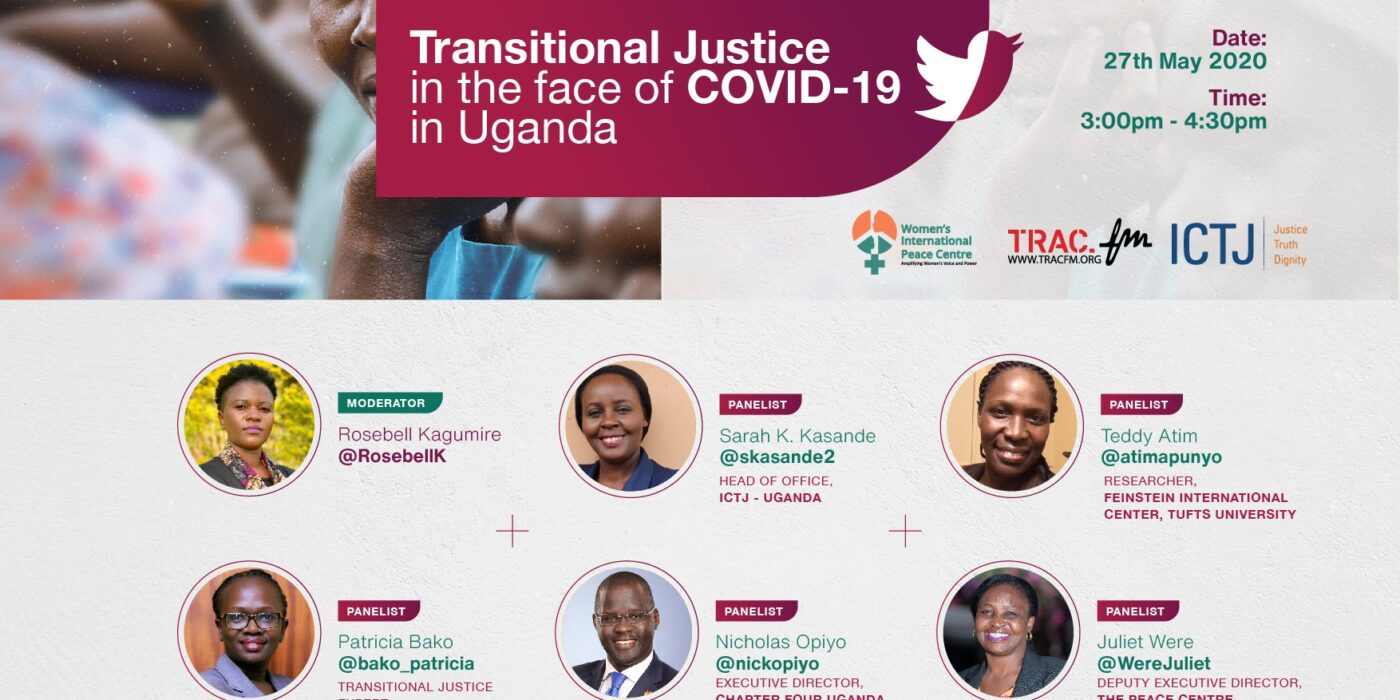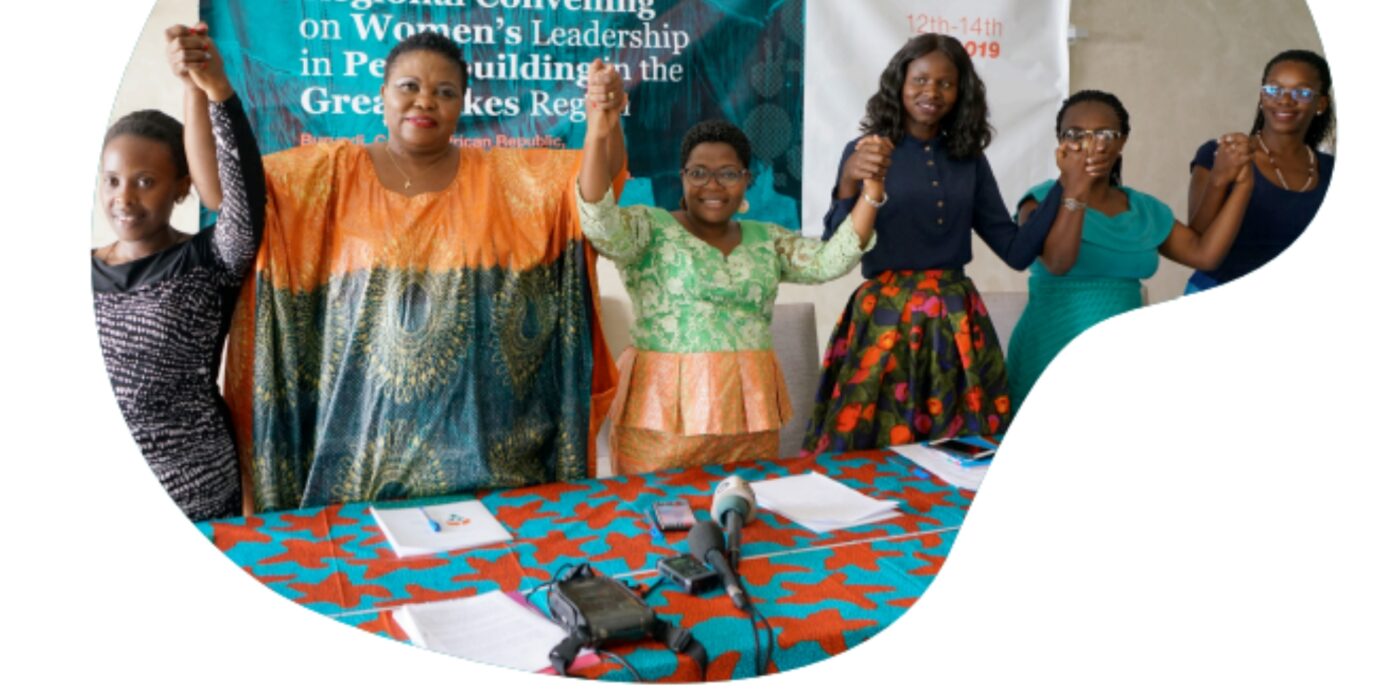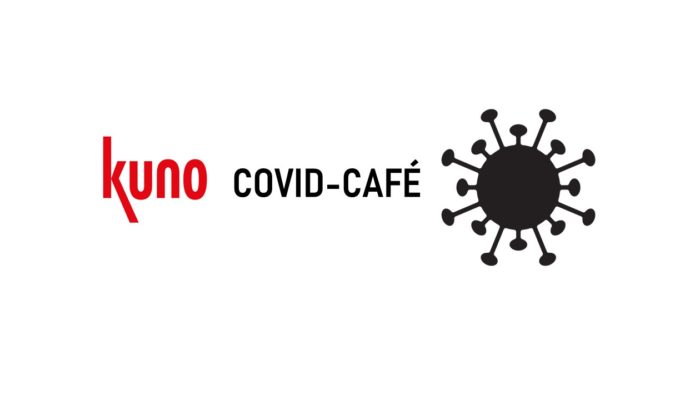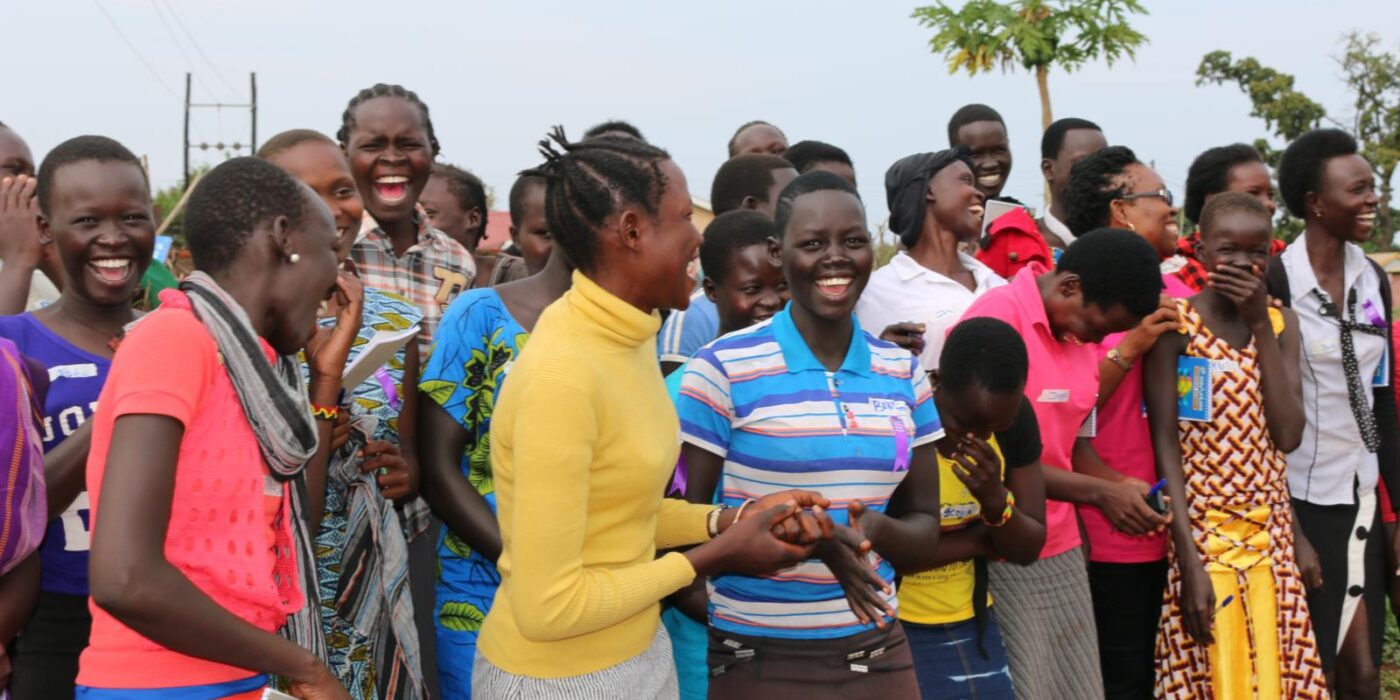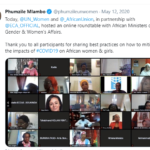Passionate about South Sudan Politics and Women’s Rights: Q&A with Rachael Juan
What is your role at Women’s International Peace Centre ?
I’m a Project Assistant and Focal Point for South Sudan at Women’s International Peace Centre. It is an exciting job as I engage with many people that share our vision as an organization. The young enthusiastic women are the most exciting because we have mutual dreams and goals for the women and girls of South Sudan.
I’m the go-to person for news updates on South Sudan especially those in line with women, peace and security.
What led you to this career?
I grew up in a foreign country and never got experience from my country, South Sudan. I listened to grievances of my people and this was motivation enough for me to build myself to be of influence to humanitarian interventions, policy formulation and implementation. I have also read a number of books and articles urging young people to pay attention to politics and policies. This is the only way our livelihoods will not be legislated out of existence. This is why I chose governance and international relations.
What’s one professional skill you are currently working on?
I am working on building my conflict resolution and peacebuilding skills. My aim is to become one of the experts and strategists seeking to realize lasting global peace.
What’s your go-to productivity trick?
I watch documentaries related to the work I do which ignites my motivation. These are usually sad documentaries on conflict and post-conflict situations because of the long conflicts in South Sudan. This reminds me of the urgency and need to get the work done now.
Music is also helpful especially preparing a playlist to match the work I’m about to do. In addition to that, I inform those around me about the work that I need to do so that they hold me accountable for what is not done. These have been quite helpful and I would recommend that we explore what works for us to be productive at all times. Let’s not forget the in-between 5-10 minute breaks with fruits and nuts.
How has COVID-19 affected you or what have you learnt about the importance of our work during this time?
From anxiety to panic to acceptance. The coronavirus disease has affected my personal and work routines. It is exasperating to believe that 2020 was going to be a great year not only for me but women working for peace and security. With the closure of borders and restrictions put in place, there has been a negative impact on sources of livelihood and other existential activities. Sexual violence and gender-based violence continues to prevail even through the pandemic. This is a lesson learnt for feminist organisations. We must continue to strive to provide physiological needs, protection and legal services to women and girls across the world.
What energizes you at work?
Believe it or not, I like organizing materials. A new set of pens, notebooks or sticky notes always renew my motivation to do my work. In addition to this, I like collective or communal work where we have to work together to achieve an objective. It is always exciting to get ideas from colleagues. The happy hour that prioritizes wellness at The Centre is another powerful energizer that encourages us to relax and have discussions that are not work-related. This helps us to relax and resume work with fresh and optimistic minds.
The one thing that surprised me about working at the centre was wide-ranging nature of women, peace and security(WPS). Before I joined the Peace Centre, I never imagined how broad the WPS agenda is. I am learning and I love it. It has created a community of women that I can rely on to increase my knowledge and skills and further transform my attitude as a young woman professional.
What is a work-related accomplishment that you’re really proud of?
Being able to take the lead in creating a platform for 20 South Sudanese young women has been a bonus in my work-related accomplishments collection. This group that is called Young Women Leading for Peace has got enthusiastic brave and talented young women that are working to contribute to sustainable peace in South Sudan.
If you could snap your fingers and become an expert in something, what would it be?
I would really love to become an expert in conflict resolution, building peace and leading a country with accountability and legitimacy. This is driven from the passion I have to exist and live peacefully with others in a nurturing and fair environment. Imagine having robust skills, attitude and knowledge to bring sustainable peace in the world. We need this expertise now more than ever now.
What energizes you outside of work?
Shopping. Be it clothes, tiny necklaces, home décor, perfumes or food for my myself and my loved ones. Music is another powerful energizer. I don’t want to imagine a world without music. If I have many errands and chores waiting for me, I usually lose the interest to do them but with music, anything is possible.
What is one book or moment that changed you, and why?
Evening Primrose by Kopana Matlwa. From the beginning of the book, I knew it was going to change me. It highlighted the vital role of love and acceptance of oneself and others. I recommend it to everyone.
What is one of your favorite memories from the past year?
Definitely my graduation day. I felt many things. I was nervous but mostly excited. I finally saw myself a step closer to becoming Dr. Juan, for the thrill of it and because Dr. looks great attached my name. I had obtained a Bachelor’s degree in Governance and International Relations with honours. I think the best gift to give every child is education. Education coupled with life skills nurture us, build us and expose us to all that life offers.
What advice would you give to women interested in working to advancethe women, peace and security agenda?
I would advise them to be as committed and consistent as possible. Read and build intellect. Self-care is important. You have to take care of yourself so that you take care of others. It is a great field and we should all be part of it.

